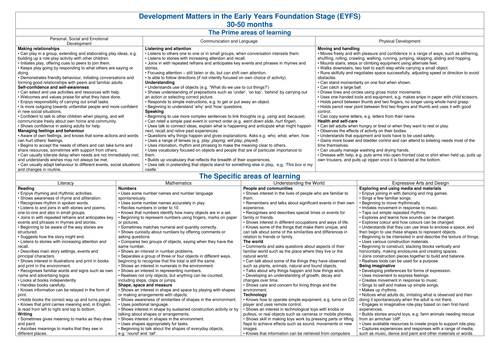Do you scour the internet for 'early years foundation stage and ks1 essay'? Here you will find all the details.
Table of contents
- Early years foundation stage and ks1 essay in 2021
- Early years foundation stage and ks1 essay 02
- Early years foundation stage and ks1 essay 03
- Early years foundation stage and ks1 essay 04
- Early years foundation stage and ks1 essay 05
- Early years foundation stage and ks1 essay 06
- Early years foundation stage and ks1 essay 07
- Early years foundation stage and ks1 essay 08
Early years foundation stage and ks1 essay in 2021
 This picture illustrates early years foundation stage and ks1 essay.
This picture illustrates early years foundation stage and ks1 essay.
Early years foundation stage and ks1 essay 02
 This picture representes Early years foundation stage and ks1 essay 02.
This picture representes Early years foundation stage and ks1 essay 02.
Early years foundation stage and ks1 essay 03
 This picture shows Early years foundation stage and ks1 essay 03.
This picture shows Early years foundation stage and ks1 essay 03.
Early years foundation stage and ks1 essay 04
 This picture shows Early years foundation stage and ks1 essay 04.
This picture shows Early years foundation stage and ks1 essay 04.
Early years foundation stage and ks1 essay 05
 This picture representes Early years foundation stage and ks1 essay 05.
This picture representes Early years foundation stage and ks1 essay 05.
Early years foundation stage and ks1 essay 06
 This image shows Early years foundation stage and ks1 essay 06.
This image shows Early years foundation stage and ks1 essay 06.
Early years foundation stage and ks1 essay 07
 This picture demonstrates Early years foundation stage and ks1 essay 07.
This picture demonstrates Early years foundation stage and ks1 essay 07.
Early years foundation stage and ks1 essay 08
 This picture representes Early years foundation stage and ks1 essay 08.
This picture representes Early years foundation stage and ks1 essay 08.
When did the EYFS framework come into effect?
In September 2008 the EYFS framework becomes statutory for all early years care and education providers in Ofsted registered settings attended by children from birth to five years of age.
What's the difference between early years foundation stage and KS1?
This report focuses on the principles underpinning Early Years Foundation Stage (EYFS) and Key Stage 1 (KS1), and how this influences practice when supporting children in the transition from EYFS to KS1. This report will also include the similarities and the differences between the EYFS and KS1.
Why are early years of Key Stage One important?
Sited in (DCSF 2008a, p.9) The EYFS document sets the standards for children from birth to 5 by meeting the diverse needs of each individual child this principle lies in the heart of the EYFS. All practitioners should deliver personalised learning, care and development to encourage and help children receive the best possible start in life.
What are the early years Foundation Stage goals?
The Early Years Foundation Stage comprises of six Early Learning Goals (ELGs), which provide basic skills, knowledge, and understanding that young children should have by the age of five (Department of Children and Family Services [DCFS] 2007, p.2).
Last Update: Oct 2021